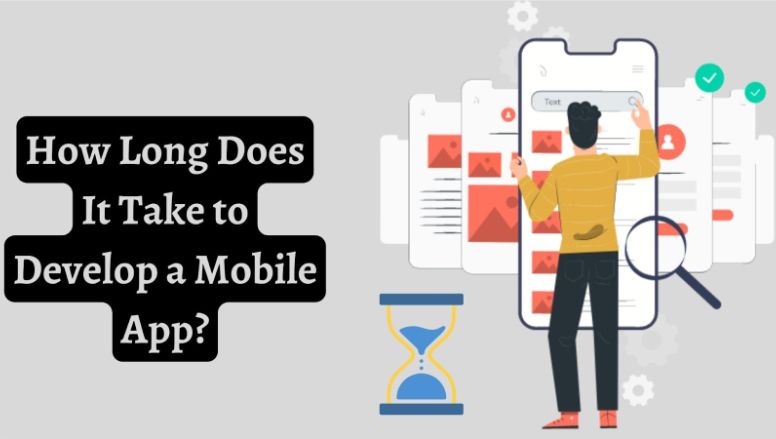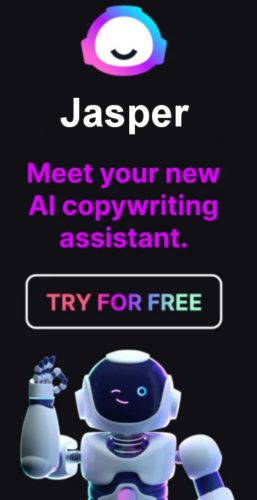There’s no question that mobile apps have taken over as the go-to way to interact with the world around us. But when you’re ready to develop your own app, you may be wondering – how long does it actually take?
In this post, we will break down the development process into stages and give a realistic estimate for how long each one will take. So whether you’re starting from scratch or updating an existing app, read on to find out what you can expect.
What Do You Need for Good Mobile App Development?
We will outline some important aspects as to what are the things needed for top mobile app development.
Hiring an App Developer
If you're not a developer yourself, you'll need to hire app developers to build your app for you. This is usually the longest and most expensive part of the process, as it can take several months (or even longer) to find and onboard a qualified developer.
There are a few different ways to find a good developer for your project. You can post a job listing online, contact a specific freelancer or agency that you've worked with in the past, or reach out to your personal network for recommendations.
Once you've found a few candidates that you think might be a good fit, the next step is to schedule an initial consultation. This is usually a short (30-60 minute) call or meeting where you can discuss your project in more detail and get to know the developer a bit better.
After the consultation, you should have a good idea of whether or not the developer is a good fit for your project. If so, the next step is to sign a contract and start working together.
Working with an App Development Company
If you're looking for a more hands-off approach, you can also work with an app development company. These companies will handle all aspects of the development process for you, from ideation and design to coding and testing.
App development companies typically work on a fixed-price basis, meaning you'll pay a set fee for the entire project. This can be a good option if you have a clear idea of what you want your app to do and you're working with a limited budget.
The downside of working with an android app development company is that it can be more expensive than hiring a freelancer or building the app yourself. It's also important to make sure that you find a reputable company that has experience building the type of app you want to create.
Using App Development Services
If you're not interested in working with an app development company or hiring a freelancer, there are still plenty of other options for getting your app built. One popular option is to use an app development service.
App development services provide a platform for you to create your app without having to write any code. These services usually have a drag-and-drop interface that makes it easy to design and build your app, even if you have no prior coding experience.
One of the biggest advantages of using an app development service is that it can be much cheaper than hiring a developer or working with an app development company. However, it's important to note that these services typically don't offer the same level of customization or support as working with a professional developer.
How Long Each Stage of App Development Takes?
Now that we've gone over some of the different options for developing your app, let's take a look at how long each stage of the process typically takes.
Ideation and planning: 1-2 weeks
Before you start building your app, you'll need to take some time to plan and ideate. This includes coming up with an idea for your app, researching the market, and mapping out the features and functionality you want to include.
This stage of the process can take anywhere from a few days to a few weeks, depending on the complexity of your app and how much research you need to do.
Design: 2-4 weeks
After you've planned and ideated your app, it's time to start designing it. A visual style guide, wireframes, and mockups are created in this process. Depending on your app and how much back-and-forth your designer does with you, it can take several weeks to several months to design.
Coding: 4-8 weeks
Once the design is complete, it's time to start coding your app. This is typically the longest stage of the development process, as it can take several weeks (or even months) to build all of the features and functionality you've planned.
Testing and QA: 2-4 weeks
After your app is built, it's important to test it thoroughly to make sure everything is working as it should. This includes both functional testing (e.g. making sure all of the features work as they're supposed to) and performance testing (e.g. ensuring that your app can handle heavy usage without crashing).
Launch: 1-2 weeks
Once your app is fully tested and ready to go, get ready to launch it! This includes submitting your app to the App Store or Google Play, creating promotional materials, and doing any other necessary launch prep. In most cases, the launch process takes just a couple of weeks from start to finish.
Post Launch: Ongoing
Your work isn't done once your app is live! Even after launch, you'll need to continue monitoring your app for bugs, updating it regularly with new features and content, and promoting it to keep users coming back.
Closing Notes
So, how much time does it take to build a mobile app? There is more to the answer than one might expect. It depends on the features and complexity of the app, the team you hire to develop it, and other factors. However, we gave you a general idea based on different aspects of developing mobile apps. If you want an estimate for your specific project, you must look to hire app developers that can manage your projects perfectly.
About the Author:
The SEO-Alien is a project started in 2009 regarding all things online marketing. The site started out more of a diary of predictions, suggestions and references to things I frequently used for online marketing... before social media marketing was even an option.
I hope you find the information and tools presented here useful and something worth sharing with others.
If there is anything else about online marketing or any online advertising strategy you think would be helpful, please let me know.



